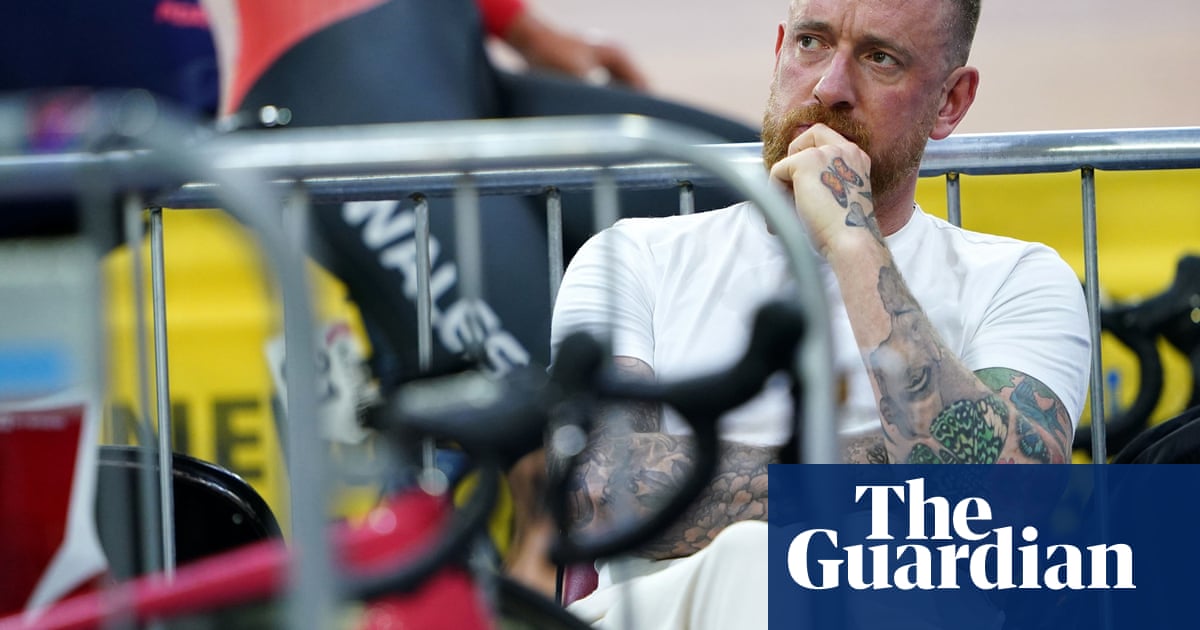The article reveals a personal and candid account from Sir Bradley Wiggins regarding his struggle with cocaine addiction following his retirement from professional cycling. His statements provide a glimpse into the mental health challenges that many athletes face post-career, making his revelations both poignant and significant.
Purpose of the Article
The intent behind this article appears to be multifaceted. Primarily, it aims to raise awareness about addiction and mental health issues, particularly in the context of elite athletes. Wiggins’ story highlights the often unseen struggles that individuals face, which can resonate with a broader audience, encouraging discussions around addiction and recovery.
Public Perception
The narrative likely seeks to cultivate empathy towards individuals battling addiction. By sharing his experience, Wiggins may help to reduce stigma and foster a supportive environment for others in similar situations. His mention of feeling "lucky to be here" serves to underline the severity of his struggle and adds a layer of relatability for those who might face similar challenges.
Potential Concealments
The article does not explicitly suggest that there is something being hidden. However, it is possible that focusing on Wiggins’ addiction diverts attention from other aspects of his life, such as his bankruptcy or any ongoing issues related to his post-cycling career. This could be a subtle attempt to shift the public narrative.
Manipulative Elements
While the article is grounded in a personal story, it could be viewed as manipulative if it selectively presents Wiggins' experiences to garner sympathy or support without addressing the complexities of addiction's causes. The emotional weight of his words and the dramatic recounting of his experiences might evoke strong feelings, which could be interpreted as a form of emotional manipulation.
Truthfulness of the Content
The information presented appears to be credible, given Wiggins’ public stature and the verifiable nature of his statements regarding his addiction and recovery. However, as with any personal narrative, the subjective nature of the account means that it may not encompass all aspects of the issue.
Intended Societal Messaging
The overarching message seems to be one of hope and resilience. Wiggins’ journey from addiction to recovery is framed as a positive transformation that can inspire others. This is particularly significant in the context of mental health, where open discussions can lead to greater understanding and support.
Connections with Other News
There may be connections with other news stories focusing on athletes' mental health, addiction, and recovery. Wiggins' situation could serve as part of a larger dialogue surrounding the pressures that athletes face, drawing parallels with other high-profile cases.
Impact on Community and Economy
The discussion around addiction and recovery can have wider implications for community health initiatives and support systems. Increased awareness may lead to greater funding and resources dedicated to mental health and addiction services, which could enhance community welfare.
Audience Resonance
This article likely resonates more with communities that prioritize health, wellness, and support for addiction recovery. It may appeal to those who champion mental health awareness and advocate for the destigmatization of addiction.
Market Influence
There is limited direct impact on stock markets or specific equities as a result of this news. However, companies involved in mental health services or rehabilitation programs might see increased interest or investment as public awareness grows.
Geopolitical Relevance
While the article does not directly address geopolitical issues, the themes of addiction and mental health are increasingly relevant in discussions about public health policy and social support systems across various nations.
AI Involvement
The article's structure and language suggest it may have been influenced by AI in terms of generating a polished narrative. If AI were involved, it could have been utilized to enhance clarity or emotional resonance, particularly in articulating Wiggins’ experiences and reflections.
In conclusion, the article serves a dual purpose of informing the public about Bradley Wiggins' personal struggles while also contributing to the broader conversation surrounding addiction and recovery. Its truthful representation of Wiggins' journey, coupled with its potential for emotional impact, underscores its significance in today's discourse on mental health.
